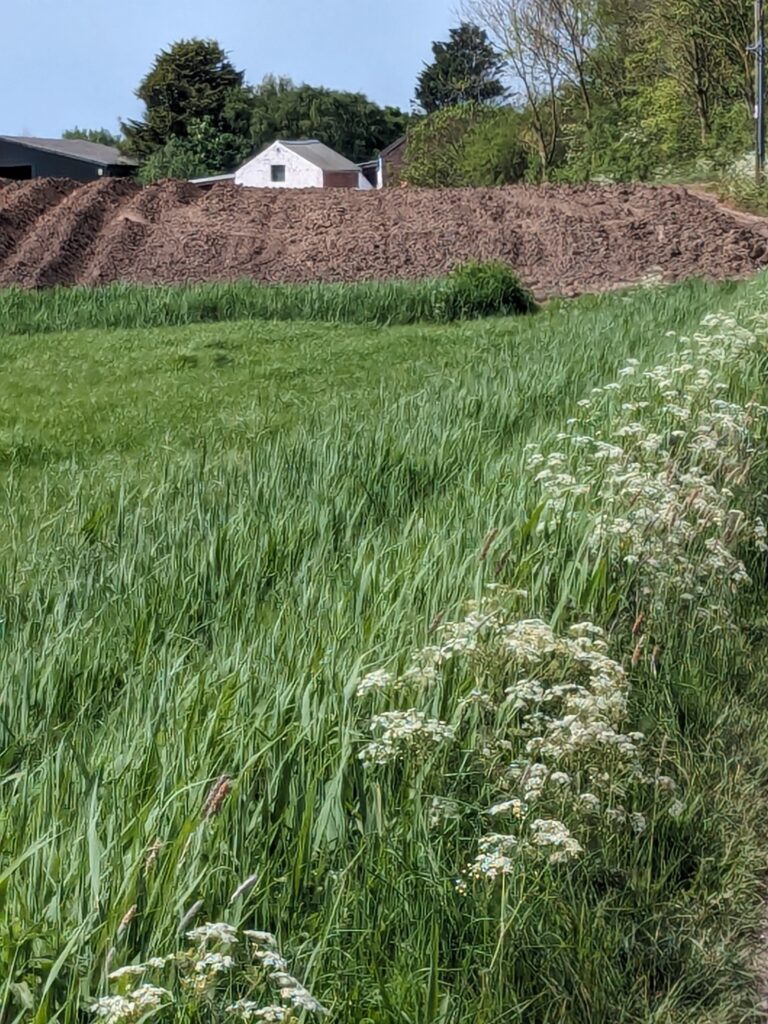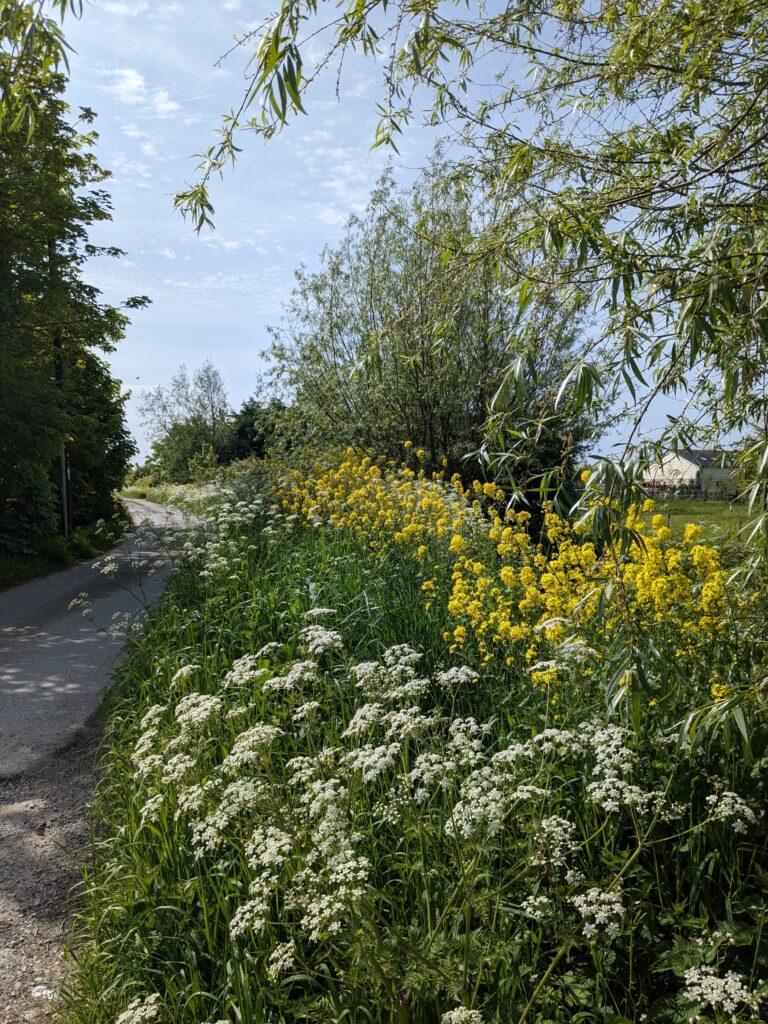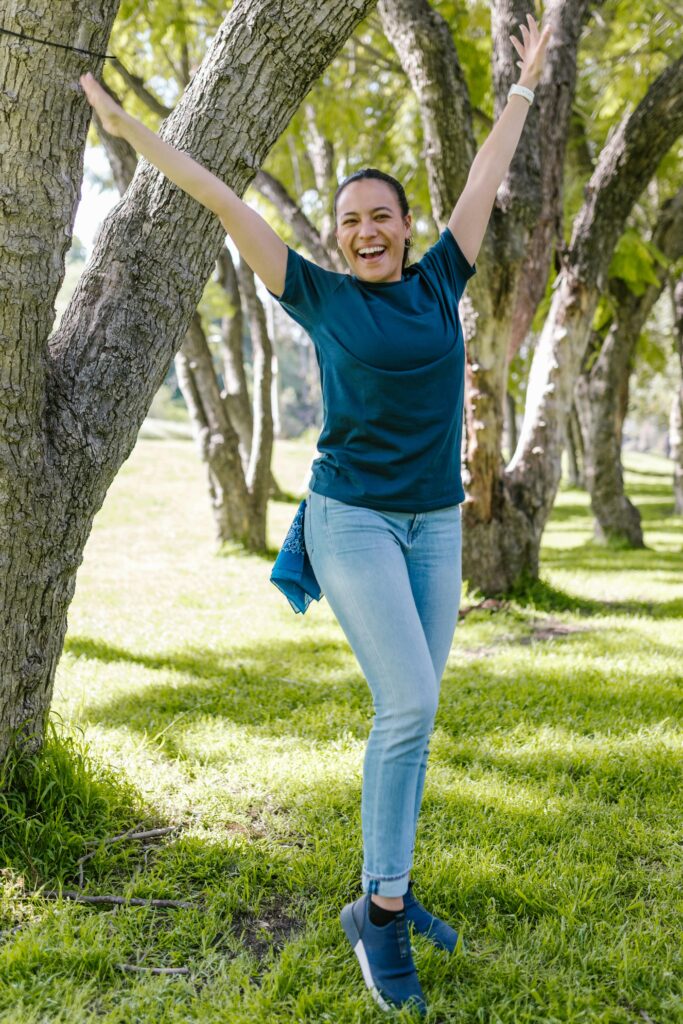
Do you ever find yourself going for a peaceful walk in nature, hoping to clear your mind, only to end up stuck in a loop of overthinking? You’re not alone. Many of us experience this paradox: we seek solace in nature but end up mulling over our worries throughout the entire walk.
Fortunately, there’s a simple yet powerful activity that can help break this cycle and bring you back to the present moment: the “5 Senses” activity. Designed to shift your focus from rumination to mindful observation, this exercise can transform your nature walks into rejuvenating experiences.
Here’s how it works:
1. What 5 things can you see? Take a moment to consciously observe your surroundings. Notice the vibrant colours of the flowers, the intricate patterns on tree bark, or the gentle sway of grass in the breeze. Engaging your sense of sight helps anchor you in the present moment and appreciate the beauty around you.
2. What 4 things can you hear? Close your eyes briefly and tune in to the sounds of nature. Listen to the chirping of birds, the rustle of leaves, or the babbling of a nearby stream. By focusing on auditory stimuli, you can immerse yourself in the peaceful symphony of the natural world.
3. What 3 things can you feel? Shift your attention to your sense of touch. Run your fingers over the rough texture of a tree trunk, feel the warmth of sunlight on your skin, or enjoy the cool breeze against your face. Connecting with tactile sensations grounds you in the present moment and fosters a deeper connection with nature.
4. What 2 things can you smell? Take a deep breath and inhale the scents of the outdoors. Notice the earthy aroma of soil, the fragrant perfume of flowers, or the crisp scent of pine trees. Smell is closely linked to memory and emotion, making this step a powerful way to evoke positive feelings during your walk.
5. What 1 thing can you taste? Finally, pay attention to your sense of taste, even if it’s just for a moment. Perhaps you brought a snack with you, or you can simply notice any lingering flavours in your mouth. Even if you don’t have anything to taste at the moment, the act of considering this sense can help anchor you in the present.
By engaging all five senses in this way, you redirect your focus from inner turmoil to external stimuli, fostering mindfulness and presence. The “5 Things” activity serves as a gentle reminder to appreciate the richness of the present moment and find peace in the beauty of nature.
Next time you feel overwhelmed or stuck in your thoughts during a nature walk, give this activity a try. You may be surprised by how it transforms your experience and leaves you feeling refreshed, rejuvenated, and more connected to the world around you.
Find out how to get even more from being out in nature in this post



